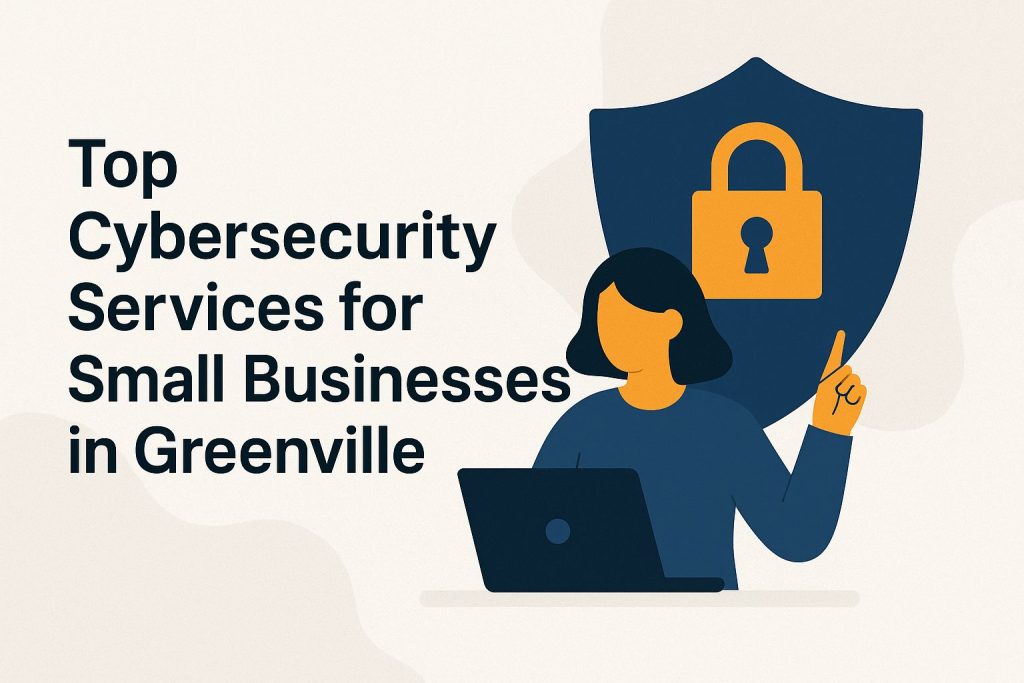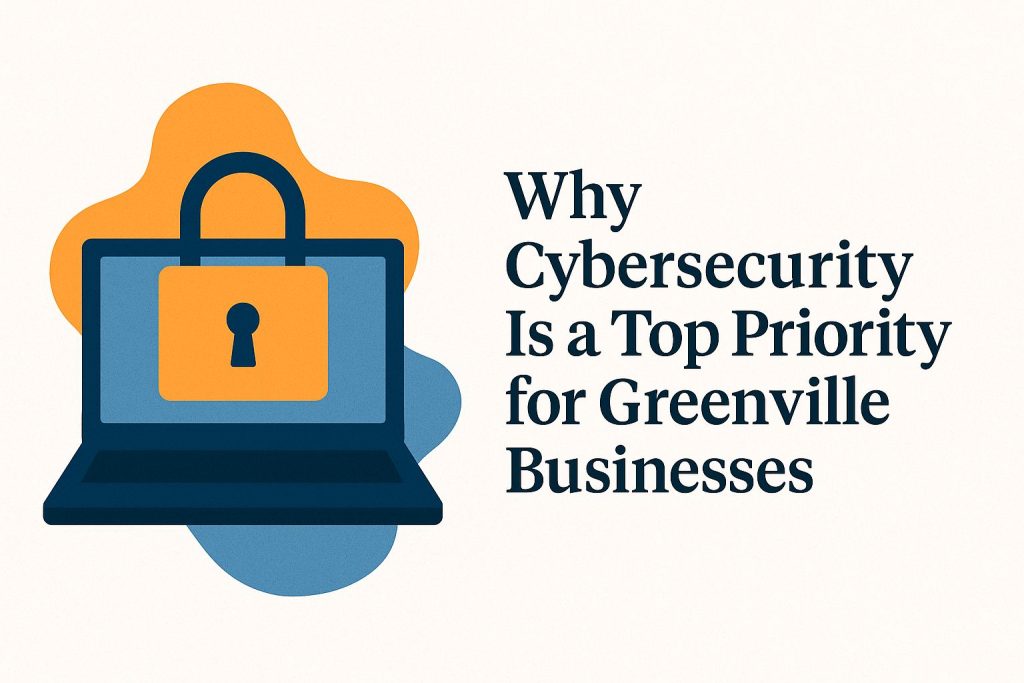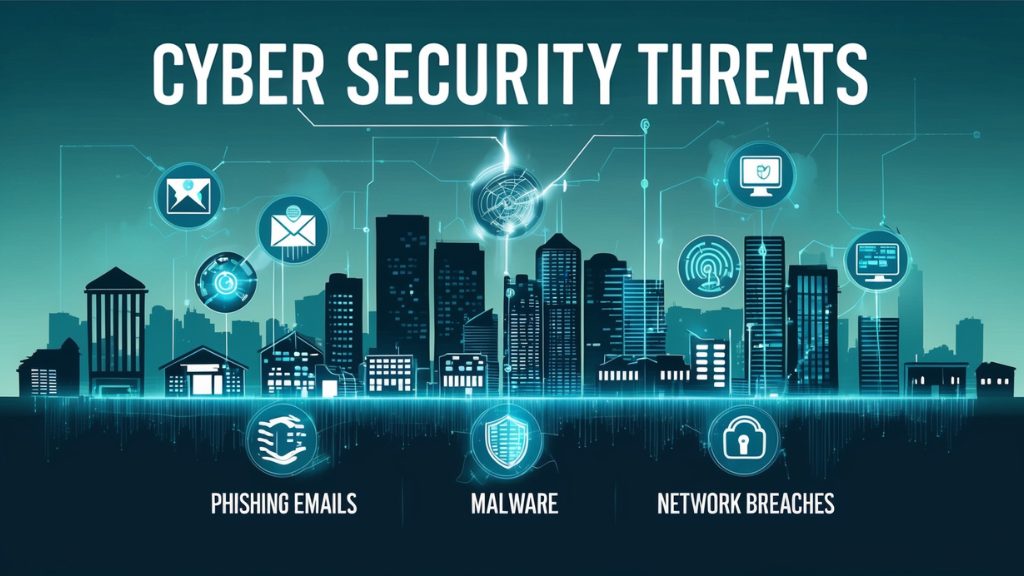Why Cybersecurity Is Crucial for Small Businesses
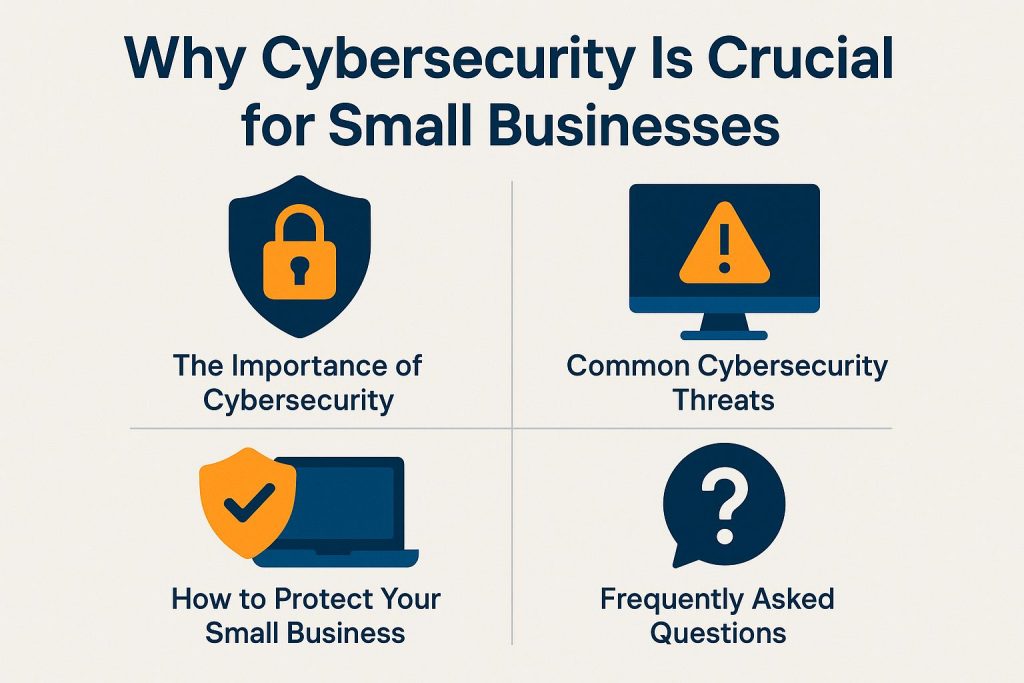
Small businesses face many cybersecurity threats that can harm their operations and reputation.
With limited resources and heightened vulnerability, small businesses must understand the risks. They must understand the risks and consequences of cyber attacks. From phishing schemes to ransomware, these prevalent threats can have devastating effects. This article explains why cybersecurity is important for small businesses. It outlines common threats and offers strategies to protect against attacks. These steps help businesses stay strong in an unpredictable online environment.
The Importance of Cybersecurity for Small Businesses
Cybersecurity is vital for small businesses today. They often lack the resources and expertise to defend against growing cyber threats.
These businesses face challenges in protecting their digital assets. They must also comply with regulations. A proactive approach to risk management is essential.
Effective cybersecurity measures protect sensitive information and ensure business continuity. This helps maintain customer trust and improves brand reputation, especially since data breaches can have serious consequences.
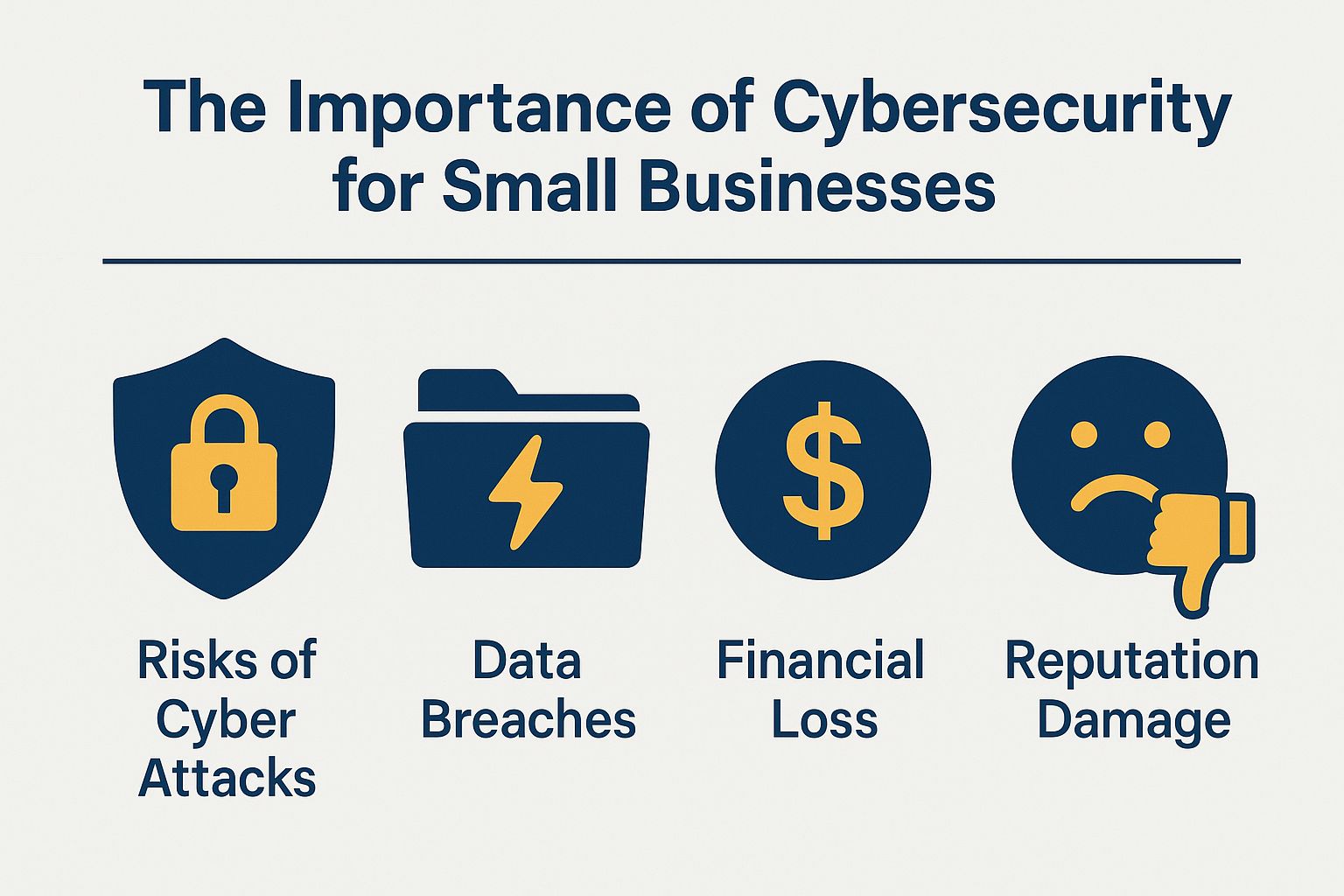
Risks and Consequences of Cyber Attacks
Cyber attacks pose serious risks to small businesses. They can lead to financial loss, reputational damage, and disruptions in operations. Additionally, cyber insurance can provide a safety net for small businesses facing these risks. These threats include phishing attacks, malware, and ransomware, which can cripple essential business functions.
The repercussions of these attacks extend beyond immediate financial impacts, potentially leading to legal liabilities and a loss of customer trust. This underscores the necessity for effective data breach response plans and proactive risk management.
Recent studies indicate that approximately 43% of cyber attacks target small businesses, and 60% of these companies fail within six months of an attack. This statistic highlights the vulnerability that smaller enterprises face, often lacking the resources for sophisticated cybersecurity programs. For example, a ransomware incident can result not only in the hijacking of critical data but also in exorbitant recovery costs, further straining an already limited budget.
It is crucial to establish strong cybersecurity measures and provide regular training for employees. These preventative strategies are essential for safeguarding assets and maintaining operational integrity.
Common Cybersecurity Threats for Small Businesses
Cybersecurity threats increasingly target small businesses. Attackers see them as easier targets because of their limited resources and security measures. Incorporating cybersecurity tools can enhance their defenses significantly.
Common threats include phishing attacks, which exploit human vulnerabilities through deceptive emails, as well as malware and ransomware, both of which can disrupt operations and compromise sensitive data.
Furthermore, cybercriminals frequently employ social engineering tactics to manipulate employees into granting access to critical systems. For those interested in more effective protection strategies, our guide on cybersecurity best practices provides valuable insights tailored to small businesses.
It is essential for small businesses to comprehend the evolving threat landscape in order to adequately protect themselves.
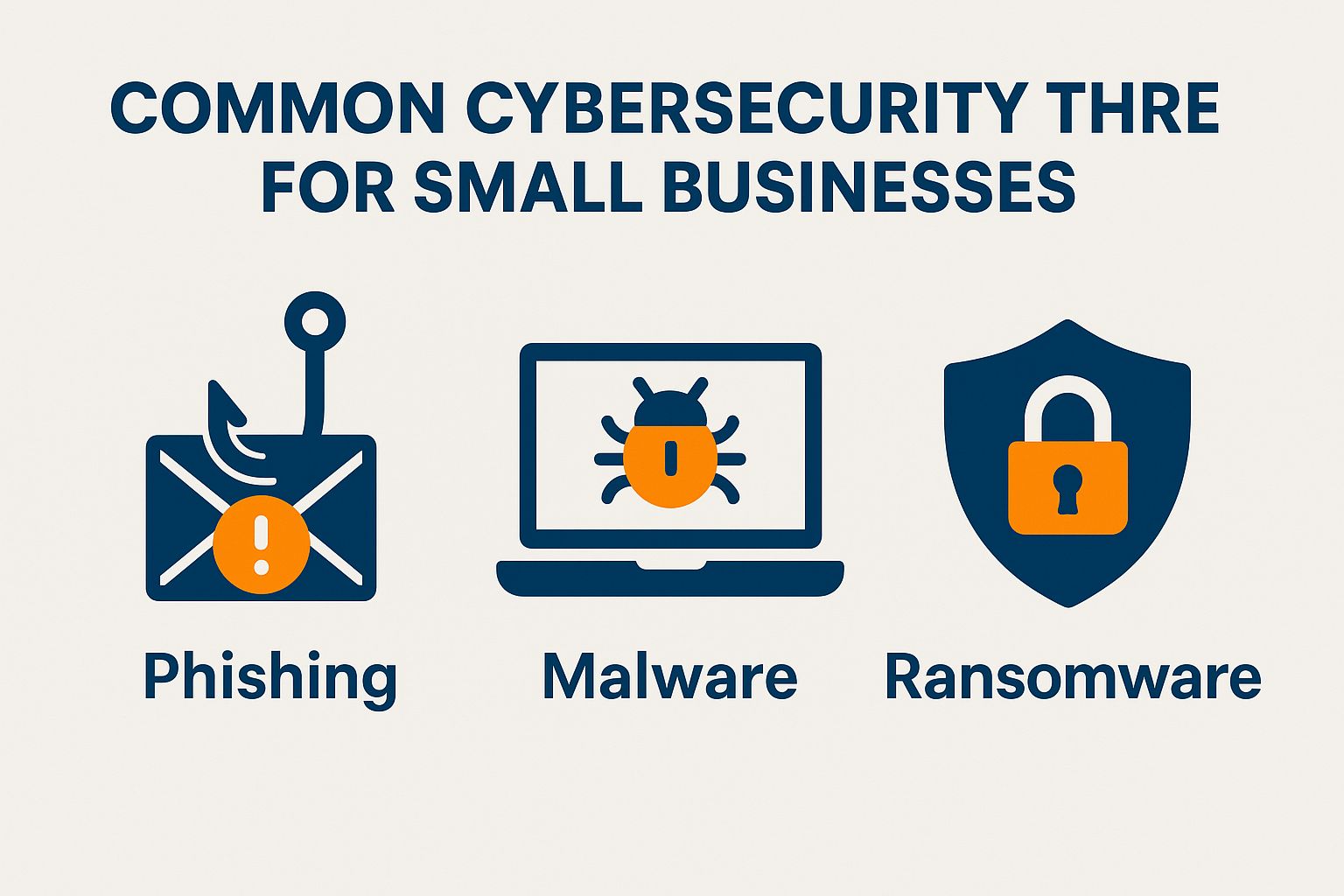
Phishing, Malware, and Ransomware
Phishing, malware, and ransomware are significant threats. Each requires tailored strategies for detection and response. Effective identity theft protection can further safeguard sensitive information.
These threats can greatly harm a company’s finances and reputation. For example, an employee might get an email that looks real but has a harmful link. This can lead to unauthorized access to sensitive databases. Similarly, malware can hide in a company’s systems. It may collect passwords or customer information secretly. This can lead to high costs for data recovery and loss of client trust. Ransomware attacks can disrupt operations. Companies must weigh the risks of paying a ransom against the costs of downtime.
To address these vulnerabilities, it is essential for small businesses to adopt best practices such as:
- Regular software updates
- The implementation of robust firewalls
- The use of multi-factor authentication
Also, regular cybersecurity training can help employees recognize these threats. This builds a vigilant workforce that can respond quickly to incidents.
How to Protect Your Small Business from Cyber Attacks
Protecting a small business from cyber attacks requires strong cybersecurity measures. This includes various security protocols and risk management strategies.
It is essential for organizations to prioritize employee awareness by conducting cybersecurity training programs, thereby fostering a culture of vigilance in identifying potential threats.
Furthermore, following regulations and best practices can improve a small business’s security. This helps protect digital assets and maintain customer trust. Regular security audits are crucial for finding system vulnerabilities. This allows for quick fixes before cybercriminals exploit them.
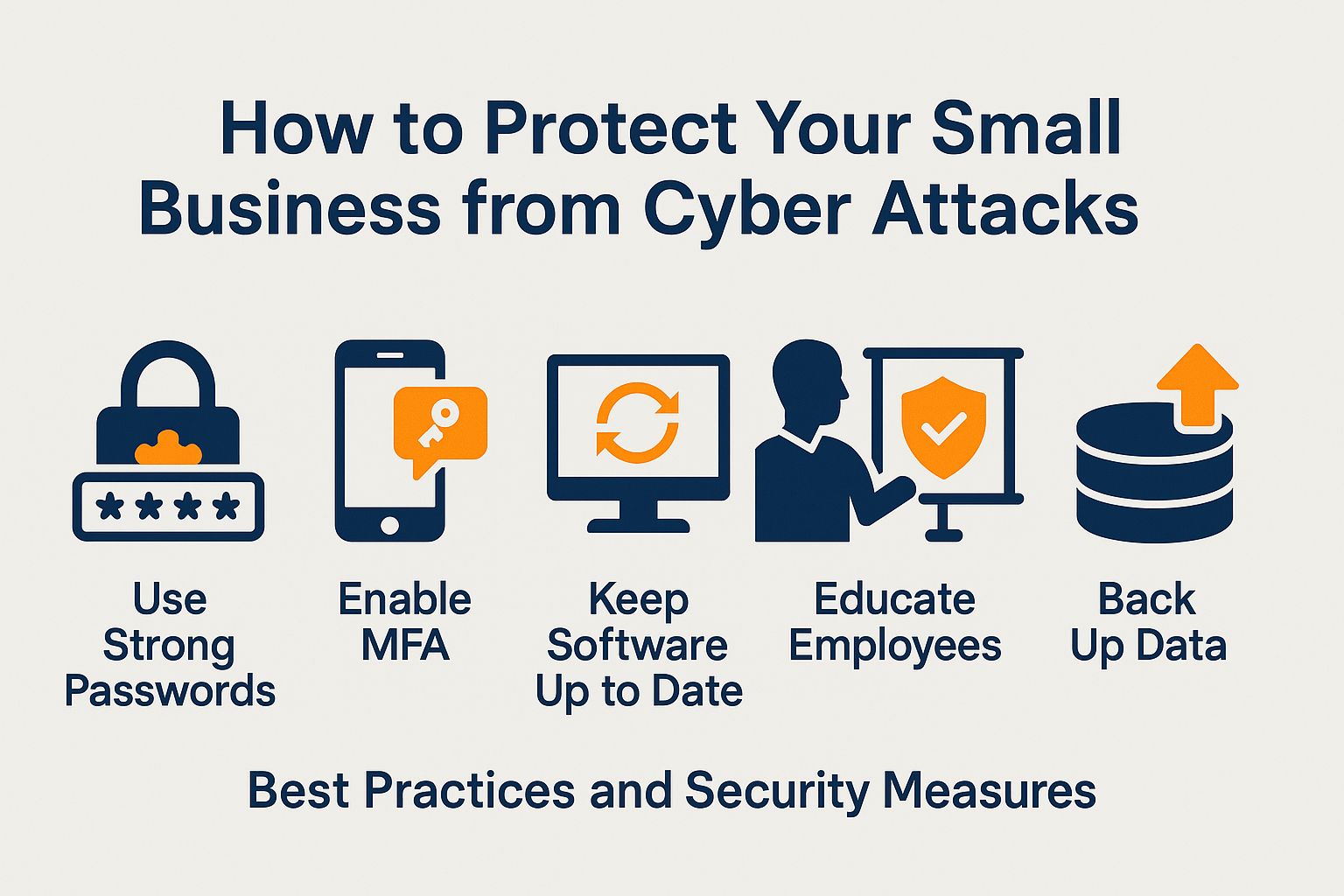
Best Practices and Security Measures
Implementing best practices and security measures is essential for small businesses aiming to strengthen their defenses against cyber threats and enhance their overall security posture. Learn more about recommended strategies for improved security.
Key practices include:
- Robust password management, which ensures that passwords are strong and regularly updated.
- Incident reporting protocols that establish clear communication pathways in the event of a security breach.
- The use of multi-factor authentication and encryption for sensitive data, which further fortifies security.
- Comprehensive cybersecurity policies that provide guidance for organizations to maintain consistent security practices.
Along with these measures, it is advisable for small businesses to train employees on cybersecurity awareness, as human error frequently represents the weakest link in security. Implementing public key infrastructure can enhance user access controls.
Regularly scheduled security audits are crucial for identifying vulnerabilities within the system, enabling prompt remediation before they can be exploited by cybercriminals. Endpoint protection systems further contribute to a secure environment.
Using advanced security software, like firewalls and antivirus programs, adds another layer of defense. This ensures ongoing protection for sensitive information. Incorporating secure coding practices can also prevent inadvertent security breaches.
Creating a zero trust security model can further improve operational security. Aligning these strategies contributes to a more resilient framework, ultimately mitigating risks and fostering a safer digital environment.
Frequently Asked Questions
Why is cybersecurity crucial for small businesses?
Cybersecurity is crucial for small businesses because they are often targets for cyber attacks due to their lack of resources and security measures.
What are the consequences of a cyber attack on a small business?
A cyber attack can result in financial losses, damage to a business’s reputation, and loss of sensitive data, which can all have a significant impact on a small business’s operations and profitability.
What are some common cyber threats that small businesses face?
Small businesses are vulnerable to various cyber threats, including phishing scams, malware attacks, ransomware, and employee negligence or error.
How can a small business protect itself from cyber attacks?
Small businesses can protect themselves. They should implement strong security measures. Regularly update software and systems. Train employees on cybersecurity best practices. Have a response plan for a cyber attack.
What are the benefits of investing in cybersecurity for small businesses?
Investing in cybersecurity helps small businesses avoid costly attacks. It maintains their reputation and customer trust, showing commitment to protecting sensitive information.
Is it necessary for small businesses to have a cybersecurity strategy?
Yes, small businesses need a cybersecurity strategy. This helps identify potential risks. It allows the implementation of preventive measures. It ensures a plan is in place for a cyber attack.
